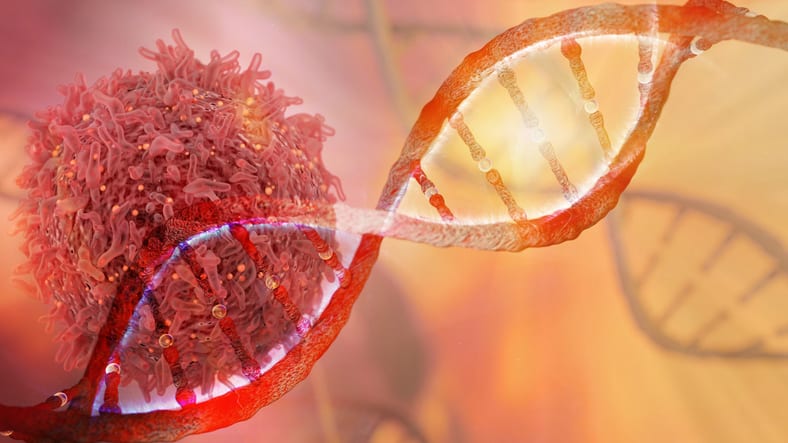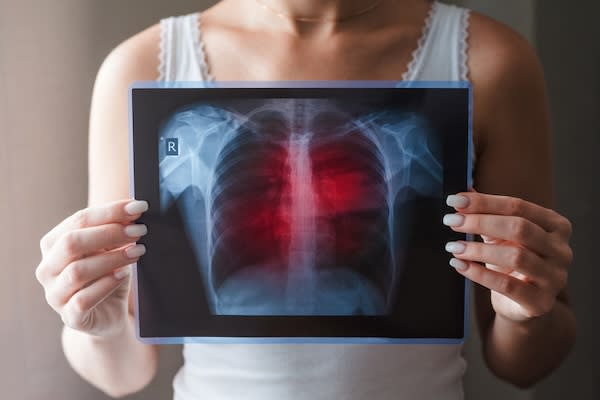Melanoma and Skin Cancer Program
At the Providence Swedish Cancer Institute, we blend leading-edge science with compassionate care to treat melanoma and skin cancer at every stage. From precisely removing cancer while preserving healthy tissue to using immunotherapy to activate your body’s defenses, our experts customize treatment to your exact needs with care that goes beyond the surface.

Personalized Skin Cancer Care
At the Providence Swedish Cancer Institute, we know that no two skin cancers — or people — are the same. Whether you've been diagnosed with an early-stage or more advanced basal or squamous cell carcinoma or melanoma, your cancer team will create a treatment plan that’s tailored just for you.
We also know that caring for you is more than just treating the disease — it’s about supporting you as a whole person. That’s why we offer resources like acupuncture, nutrition counseling, and specialized skin care to help you feel your best during and after treatment.
And because navigating cancer can feel overwhelming, you never have to do it alone. Our care coordinators, financial counselors, and survivorship experts are here to guide you, making sure you have the answers and support you need to focus on what really matters — your healing.
Melanoma and Skin Cancer Conditions We Treat
We provide comprehensive care for melanoma and skin cancer, from early-stage and localized cases to invasive and advanced.
- Basal Cell Carcinoma
- Melanoma
- Merkel Cell Carcinoma
- Squamous Cell Carcinoma
- Skin Cancer

Meet Our Melanoma and Skin Cancer Team
At the Providence Swedish Cancer Institute, you’ll be cared for by a tightly connected group of specialists who bring deep expertise and a personalized approach to treatment, prevention, and long-term wellness. Our skin cancer experts work collaboratively to support your health through every stage of care.
Testing & Diagnostics
Our skin cancer and melanoma specialists use advanced testing and diagnostic tools to accurately identify the type, stage, and unique characteristics of your cancer.
We also offer screenings and genetic testing to promote awareness and early detection of skin cancer and melanoma.
BRAF (B-Raf proto-oncogene, serine/threonine kinase) is a gene involved in cell growth and division. Testing looks at the genetic makeup of your melanoma to see if it carries a BRAF gene mutation — something found in about half of all melanomas. Knowing whether this mutation is present helps your care team personalize your treatment, using targeted therapies that focus on the cancer cells while helping to improve results and reduce side effects.
MRI uses radio frequency waves and a strong magnetic field rather than x-rays to provide remarkably clear and detailed pictures of internal organs and tissues. Our MRI machines are specially designed to be less claustrophobic for patients.
A PET/CT scan provides high-quality and detailed images of where disease tissue ends and where healthy tissue begins. The scanner also detects metabolic activity of cells, which helps physicians understand changes at the cellular level that could be early indications of cancer.
Advanced Treatments for Melanoma and Skin Cancer
The most effective treatment plan is one personalized for you and targeted to the unique characteristics of your tumor. Depending on your condition, you may receive one or more of the following treatments:
Awards & Accreditations
The Providence Swedish Cancer Institute is nationally recognized for excellence in cancer care, research, and patient outcomes. Our dedication to advancing cancer treatment has earned accreditations and distinctions from some of the most respected institutions in the country.

American College of Radiology (ACR) - Diagnostic Imaging Center of Excellence

American College of Surgeons (ACS) - Commission on Cancer Accredited Program

American Society for Radiation Oncology (ASTRO) - Accreditation Program for Excellence (APEx)
Patient Resources & Support
Frequently Asked Questions
It’s normal for your skin to change over time, but certain signs could point to skin cancer. Look for new or changing moles or spots, especially if they follow the ABCDE rule:
- Asymmetry – one half doesn’t match the other
- Border – irregular, jagged, or blurred edges
- Color – uneven shades of brown, black, or other colors
- Diameter – larger than 6mm (about the size of a pencil eraser)
- Evolving – any change in size, shape, color, or texture
Changes to your skin don’t necessarily mean you have cancer, but they should signal that it's time to be seen by a dermatologist.
Yes, skin cancer can be serious, but early detection and treatment can lead to excellent outcomes. While some skin cancers may appear as a mole or small lesion, simply removing it without a proper diagnosis may not address the full extent of the cancer. Some types, like melanoma, can spread beyond the skin if not treated early. That’s why it’s important to have any suspicious skin changes evaluated by a dermatologist or oncologist, who can determine the best course of treatment to ensure your health and safety.
Most basal cell and squamous cell skin cancers are treated by dermatologists or primary care physicians. For patients with melanoma, Merkel cell carcinoma, or recurrent non-melanoma skin cancers, you may receive care from board-certified specialists in surgical, medical, and radiation oncology.
Our multidisciplinary team also includes oncology nurses, pharmacists, physical therapists, and other cancer experts. Your physicians work closely together — participating in cross-departmental tumor boards with other Providence Swedish specialists — to create a treatment plan tailored to you.
Your treatment is unique to your diagnosis and needs. It may involve surgery, radiation, or immunotherapy, in addition to ongoing support services.
Your team walks you through each step, helping you manage side effects and access resources like nutrition counseling, social services, and survivorship programs. Our goal is always to ensure you feel supported throughout your care.
Learn more details about available treatments for melanoma and skin cancer, and what to expect during your treatment.
We provide a full range of supportive care services to support you during and after your cancer treatment. Some of these services include:
- Art therapists
- Cancer rehabilitation (onco-physiatry)
- Care coordinators
- Genetic counseling (cancer geneticist)
- Health educators
- Medical massage (edema, lymphedema management)
- Music therapist
- Naturopaths
- Nutritionists
- Oncology nurses
- Social workers
- Speech and language pathology
We can also help with finances, food, transportation, and other challenges for eligible patients through our patient assistance fund.
See the full list of supportive care services.
Note: Some services are provided by local partners and vary based on location. Please contact your clinic for more information.
Patients have access to hundreds of clinical trials involving most cancer types. We are often among the first in the U.S. to provide access to Phase 1 trials — the first stage of evaluating treatments in humans. Please note, we open new trials often. Check with your clinician for the latest in upcoming trials.
Learn more and find out if a clinical trial could become part of your treatment plan.
If you're feeling unsure about your pathology report – which explains details like the type, size, and stage of your cancer based on lab results – our team is here to help.
We will walk you through the report, answering questions so that you feel informed and confident about your diagnosis and treatment options.
Our mission is to improve the health and well-being of each person we serve. A crucial part of fulfilling this mission is our financial assistance program.
This program offers free or discounted services for those who cannot afford care, are underinsured, or have no insurance at all. We provide financial assistance in cases where annual family income is between zero and 400 percent of the federal poverty level, helping ensure that financial constraints aren’t a barrier to receiving medically necessary care.
News & Info From Our Experts










